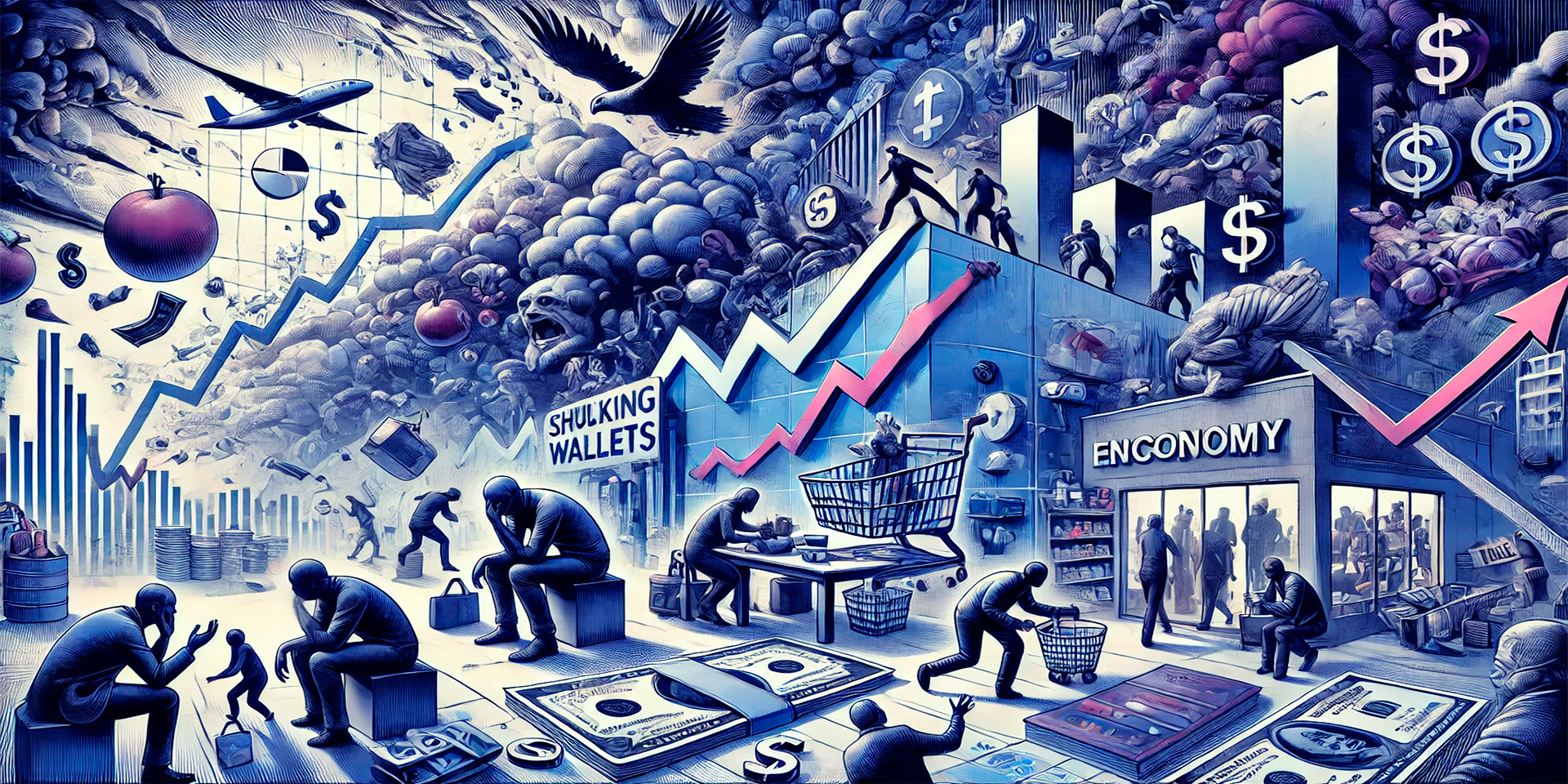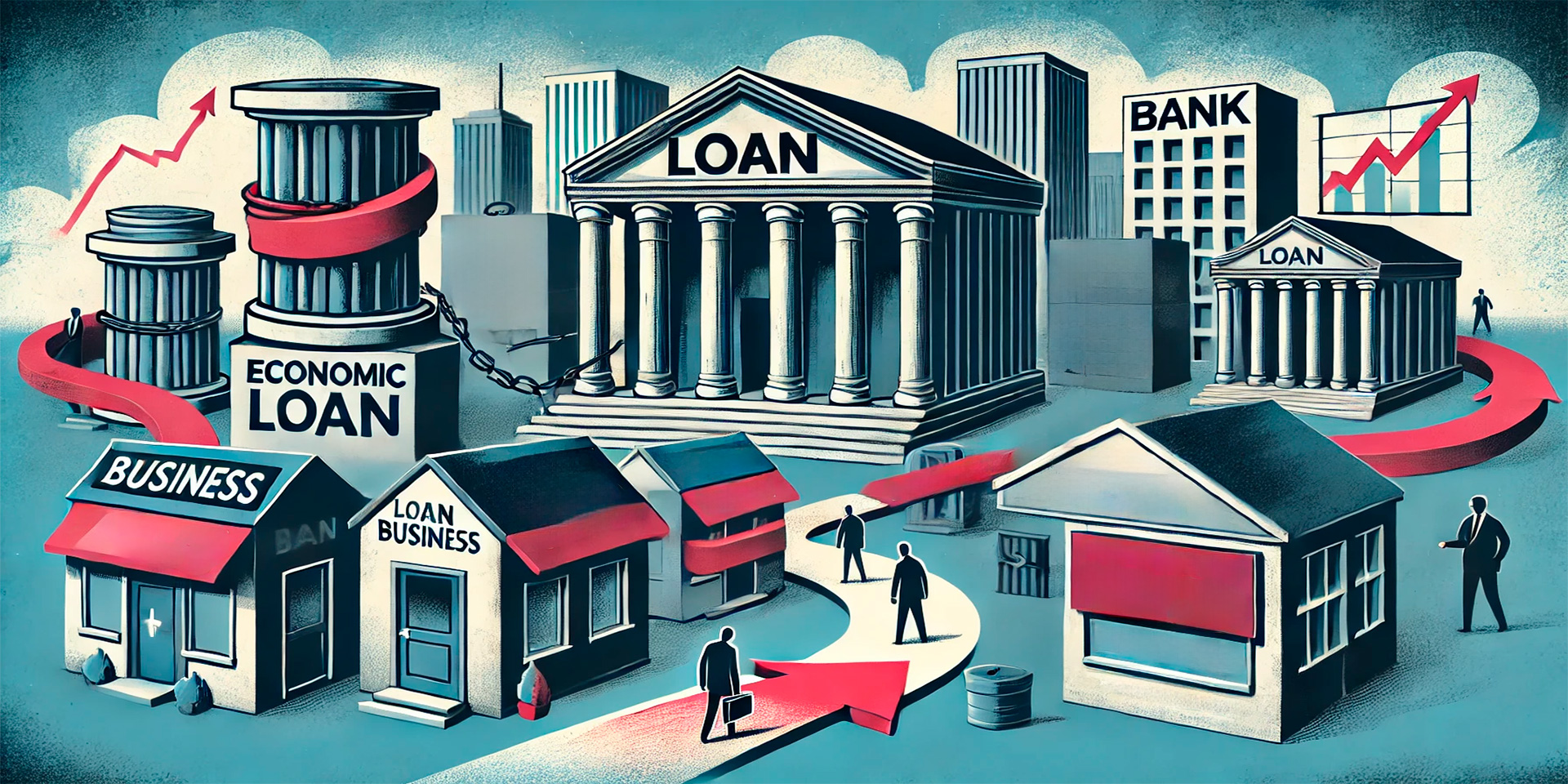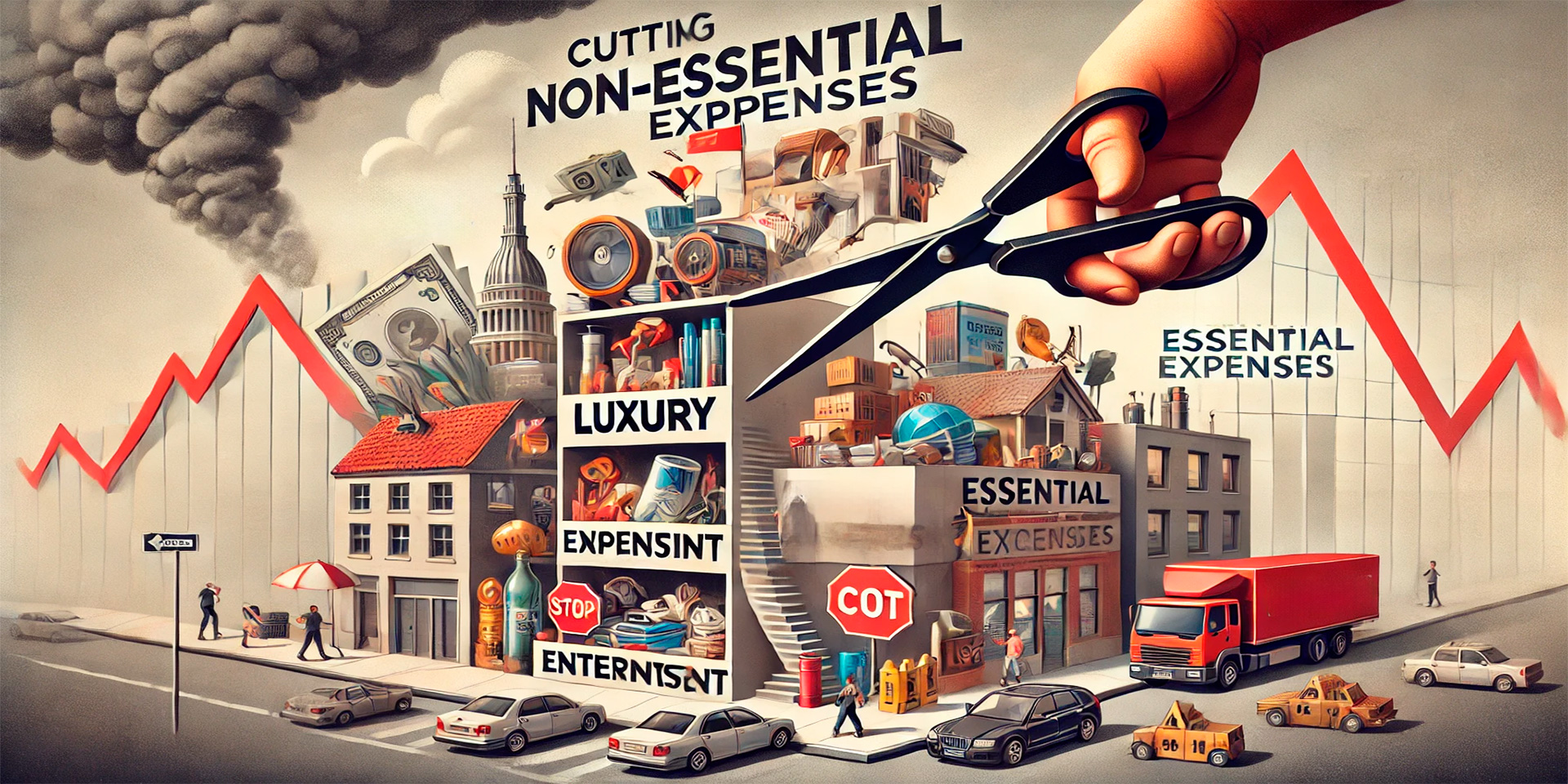Economic crises have far-reaching effects, and one of the most significant impacts is the reduction of consumer purchasing power. During times of economic instability, factors such as inflation, job losses, and rising costs combine to erode the ability of consumers to afford goods and services. This article explores how economic crises weaken consumer purchasing power and the specific challenges buyers face when inflation rises and employment becomes uncertain.
The Role of Inflation in Weakening Purchasing Power
Inflation, which refers to the increase in the price of goods and services over time, is one of the most direct ways that economic crises reduce purchasing power. During an economic downturn, inflation may rise due to supply chain disruptions, increased production costs, or monetary policy responses, all of which lead to higher prices.
Rising Costs of Basic Necessities
One of the most immediate effects of inflation during an economic crisis is the rising cost of basic necessities such as food, housing, and energy. When prices for essential goods increase, consumers have to spend a larger portion of their income just to cover these basic needs, leaving less money for discretionary spending.
For example, during the 2008 financial crisis, food prices soared due to a combination of global demand, rising oil prices, and supply chain disruptions. As a result, many households faced financial strain as their income couldn’t keep pace with rising expenses.
Inflation Outpacing Wage Growth
Another critical factor that reduces purchasing power during economic crises is when wage growth fails to keep up with inflation. Even if consumers maintain their jobs, their ability to afford goods declines if their wages remain stagnant while the cost of living rises.
This discrepancy between wages and prices forces consumers to adjust their spending habits, often cutting back on non-essential items or turning to cheaper alternatives, which can have ripple effects on the broader economy.
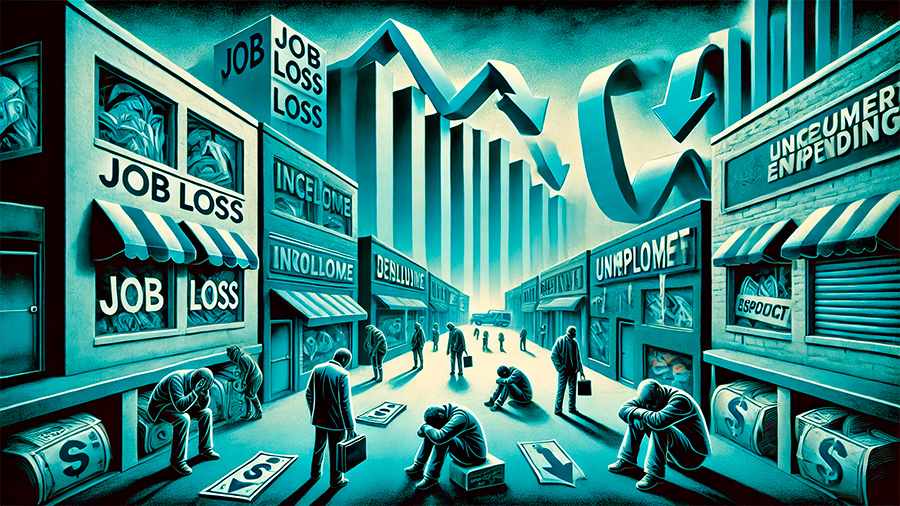
Job Losses and Unemployment Affecting Consumer Spending
Job losses and rising unemployment are hallmarks of most economic crises, further reducing consumer purchasing power. When individuals lose their jobs or face reduced working hours, they experience a significant decrease in income, making it harder to meet daily expenses.
Income Reductions Leading to Spending Cuts
As unemployment rises, many households are forced to cut back on spending to make ends meet. This reduction in consumer spending has a multiplier effect, as businesses experience lower sales, potentially leading to more layoffs and a deeper economic contraction. Without sufficient income, consumers are often forced to make difficult choices, such as delaying large purchases, avoiding non-essential spending, or relying on savings to cover basic expenses.
The global recession caused by the COVID-19 pandemic is a prime example of how widespread job losses can dramatically weaken purchasing power. As businesses shut down and workers were furloughed or laid off, consumer spending on everything from travel to dining out plummeted, contributing to the overall economic downturn.
Increased Reliance on Credit and Debt
During times of financial hardship, many consumers turn to credit to cover their expenses, leading to an increase in personal debt. While credit can provide short-term relief, it also leads to higher interest payments and long-term financial strain. As individuals take on more debt to maintain their standard of living, their future purchasing power is further eroded by the need to pay off loans and credit card balances.
In periods of high unemployment, people are often left with limited options, forcing them to rely on credit cards to finance basic needs. This creates a cycle of debt that can be difficult to escape, especially if the economic recovery is slow or wages remain stagnant.
The Impact of Economic Uncertainty on Consumer Confidence
In addition to inflation and job losses, economic uncertainty plays a major role in weakening consumer purchasing power. When consumers are unsure about their future income, job security, or the overall direction of the economy, they tend to reduce their spending and focus on saving for potential financial challenges ahead.
Reduced Consumer Confidence
During an economic crisis, consumer confidence typically falls as individuals become more cautious about spending. The fear of losing income or facing financial hardship leads many to adopt a conservative approach to spending, even if they haven’t yet experienced direct financial impacts. This precautionary saving behavior can slow economic recovery, as decreased consumer demand leads to lower production and investment from businesses.
A decline in consumer confidence can be seen in how people approach major purchases, such as homes, cars, or large appliances. Instead of taking on new loans or mortgages, consumers may choose to hold off on big-ticket purchases until they feel more secure about their financial situation.
Shift Toward Lower-Cost Goods and Services
Economic crises often cause consumers to shift their spending toward lower-cost goods and services, which further alters the landscape of purchasing power. As consumers become more price-sensitive, they may opt for discount brands, delay luxury purchases, or turn to second-hand markets. While this shift helps individuals stretch their limited financial resources, it also signals a reduction in overall purchasing power, as people forgo higher-quality or non-essential goods.
This phenomenon was evident during the Great Recession, when many consumers turned to discount retailers or cut back on spending altogether to conserve their resources. This change in spending patterns also affects businesses, particularly those that cater to middle- and upper-income consumers.
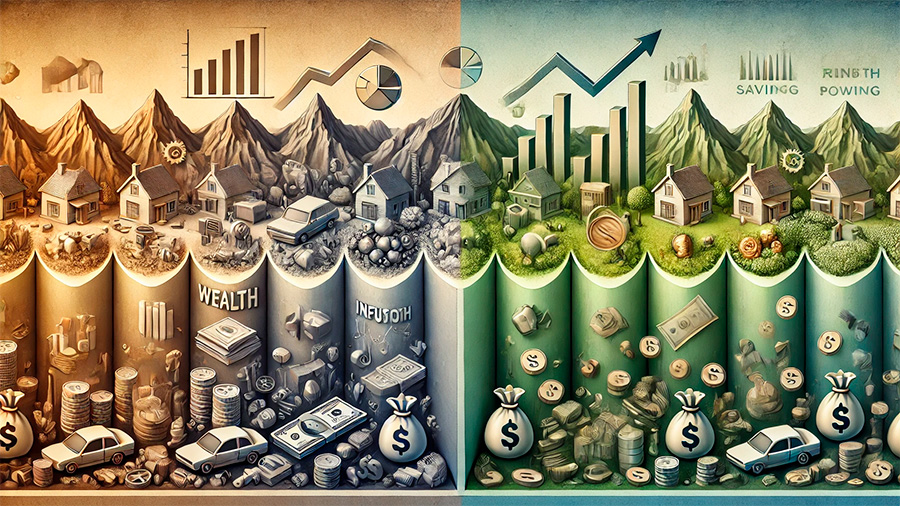
Long-Term Effects on Wealth and Purchasing Power
The effects of an economic crisis on consumer purchasing power can extend beyond the immediate downturn. Many individuals and families experience long-term financial repercussions that continue to influence their spending habits for years after the crisis has passed.
Delayed Recovery of Income and Employment
Even after the economy begins to recover, the job market often takes longer to stabilize. Many people face long-term unemployment or underemployment, which keeps their income below pre-crisis levels. This delayed recovery further weakens purchasing power, as it takes time for wages to increase and job security to return.
In addition, businesses may be slow to rehire or expand their workforce, leading to prolonged economic hardship for many households. Until employment rates and wages return to normal, consumer spending remains depressed, slowing overall economic recovery.
Weakened Savings and Investment
Economic crises also impact savings and investment decisions, which can reduce future purchasing power. Consumers may deplete their savings during periods of high unemployment or inflation, leaving them with fewer financial resources for the future. This lack of savings can affect long-term financial security, particularly when it comes to retirement or large life expenses like education or healthcare.
Moreover, reduced investment in stocks or other financial assets during a crisis means that consumers may miss out on potential growth opportunities, further limiting their ability to build wealth and enhance purchasing power over time.
Conclusion: Managing Purchasing Power During Economic Crises
During economic crises, consumer purchasing power is often eroded by a combination of inflation, job losses, and economic uncertainty. Rising costs for basic necessities, coupled with stagnant wages and high unemployment, make it more difficult for individuals to maintain their standard of living. Moreover, the psychological impact of economic uncertainty leads to more conservative spending habits, reducing overall demand in the economy.
Understanding these dynamics can help consumers navigate challenging financial times. By focusing on budgeting, reducing reliance on credit, and seeking ways to increase financial stability, individuals can better protect their purchasing power and prepare for economic recovery.

